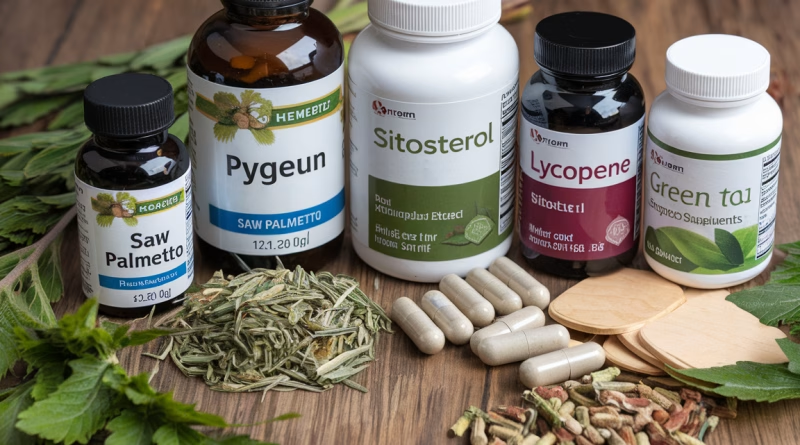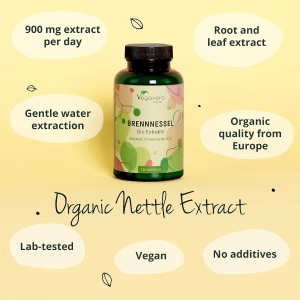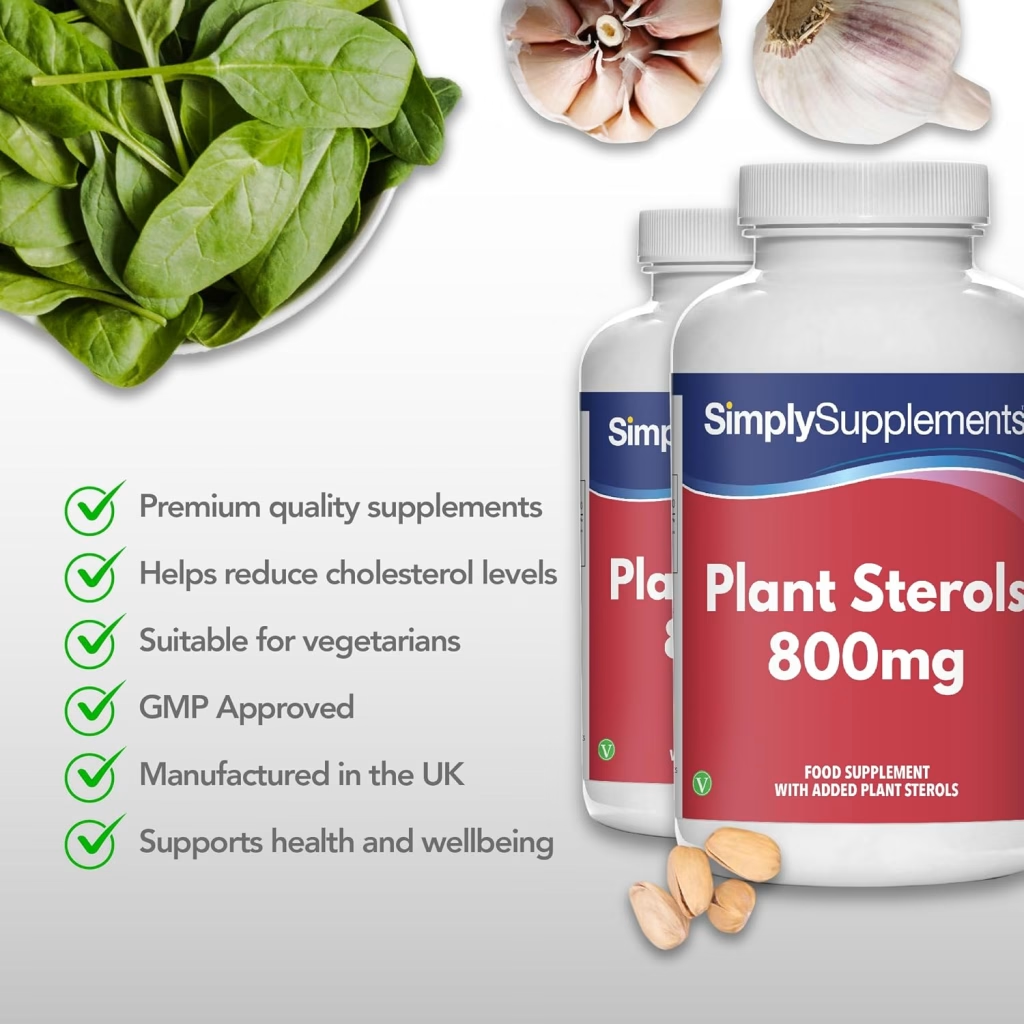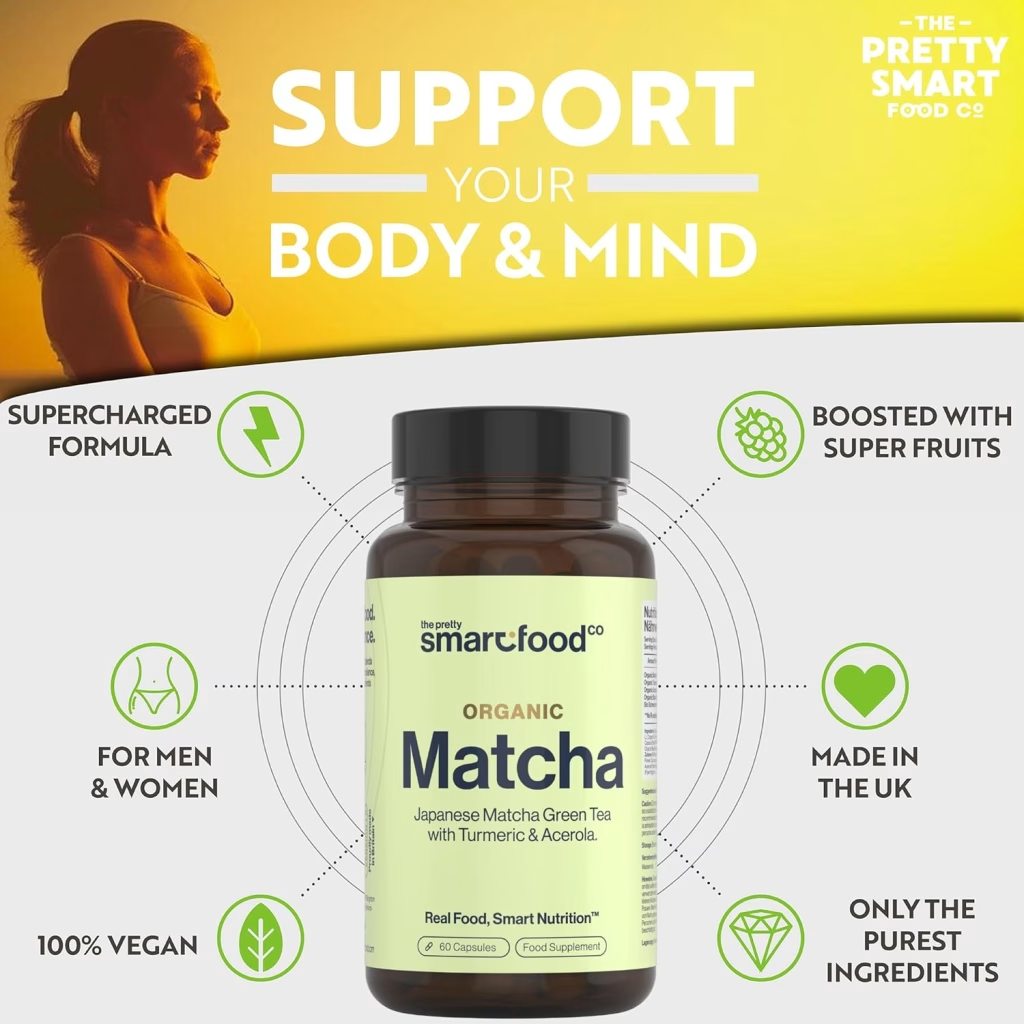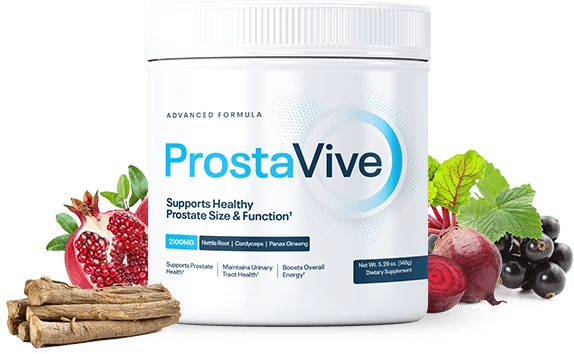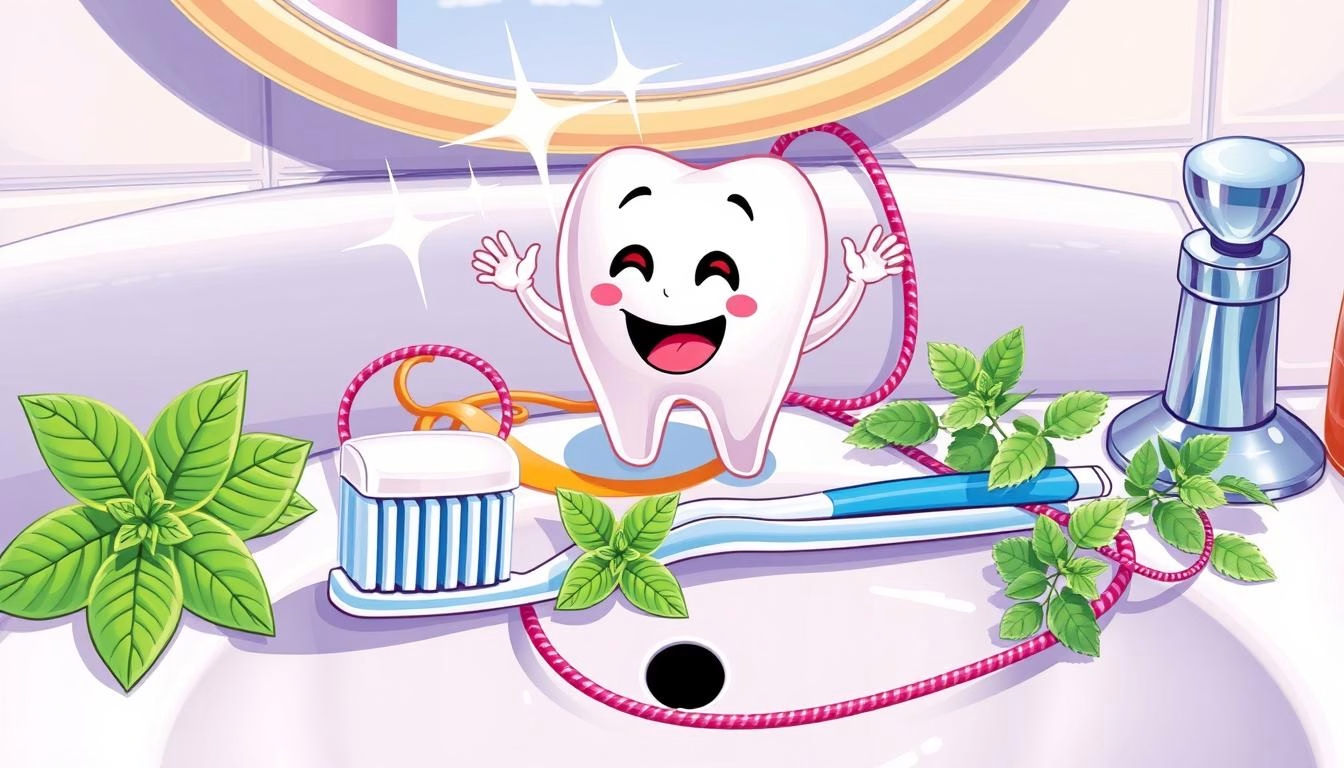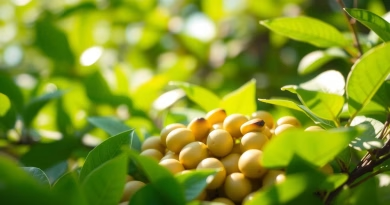Herbal Remedies for Prostate Health
As men age, prostate health becomes a big concern. Many turn to natural remedies to help their prostate. It’s important to talk to a doctor before trying any new supplements.
Saw Palmetto: A Time-Tested Remedy
Saw palmetto (Serenoa repens) is a well-known herbal remedy for prostate health. This palm tree is native to the southeastern United States. It has been used for centuries to help with urinary and reproductive issues.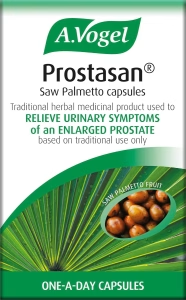
Saw palmetto works by blocking an enzyme that turns testosterone into DHT. It also has anti-inflammatory properties that may reduce prostate swelling. Some studies show mixed results, but many men see improvements in urinary symptoms and prostate health. Look for supplements with 85-95% fatty acids and sterols.
Pygeum: African Plum Bark for Urinary Health
Pygeum africanum comes from the bark of the African plum tree. It’s a popular herbal remedy for prostate issues. The extract may have antioxidant and anti-inflammatory effects on the urogenital system.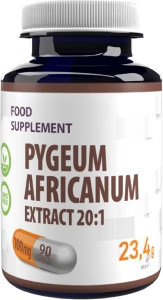
Some studies suggest pygeum can improve urinary symptoms and enhance quality of life for men with prostate concerns.
Stinging Nettle: More Than Just a Pesky Weed
Stinging nettle root (Urtica dioica) offers benefits for prostate health. It’s rich in antioxidants and anti-inflammatory compounds. Nettle root is often used with saw palmetto for better effects.
A 2019 review found that nettle root extracts may reduce BPH symptoms and improve quality of life for men with the condition.
Beta-Sitosterol: Plant-Based Prostate Support
Beta-sitosterol is a plant sterol found in herbs and foods. It has shown promise in improving urinary symptoms associated with BPH. While more research is needed, some studies suggest it may help improve urine flow and reduce residual urine volume in the bladder.
Rye Grass Pollen Extract: A Unique Approach
Rye grass pollen extract, marketed as Cernilton, has been studied for BPH symptoms. While older research suggested benefits, recent large-scale studies have not shown significant effects1. Yet, some men report improvements with its use.
Lycopene: Harnessing the Power of Red Foods
Lycopene, the pigment in tomatoes and other fruits, is known for its potential prostate health benefits. A pilot study found that daily lycopene-enriched olive oil improved prostate health markers1. Eating foods rich in lycopene may offer protective benefits for prostate health.
Green Tea: Antioxidant Powerhouse
Green tea is known for its high antioxidant levels. It may also help with prostate health. Studies show it could protect against prostate cancer and help with BPH1. Drinking green tea is safe and might be good for your health.
Conclusion: A Holistic Approach to Prostate Health
Herbal remedies can be good for prostate health, but they shouldn’t replace doctor’s advice. Always talk to a doctor before trying new supplements, if you have health issues or take medicines.
Living a healthy lifestyle is also key for prostate health. This means exercising regularly, eating well, staying at a healthy weight, and drinking plenty of water. By combining healthy living with herbal supplements, men can support their prostate health and overall health.

